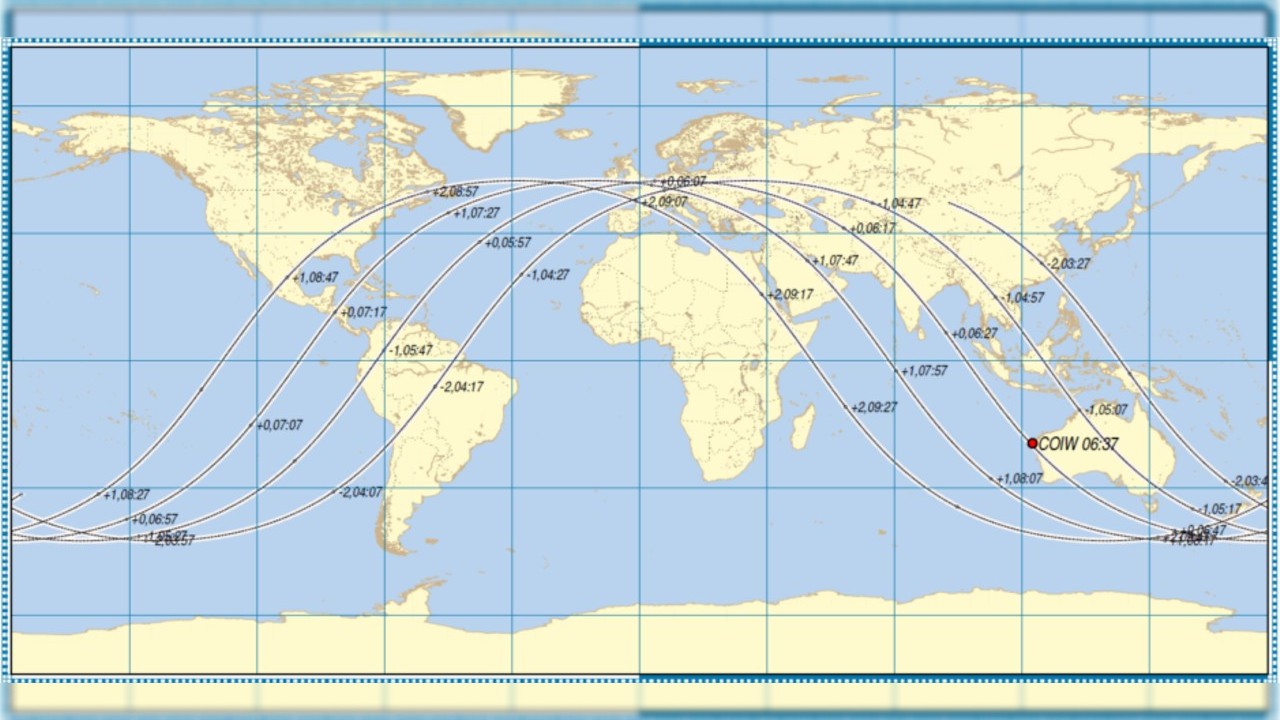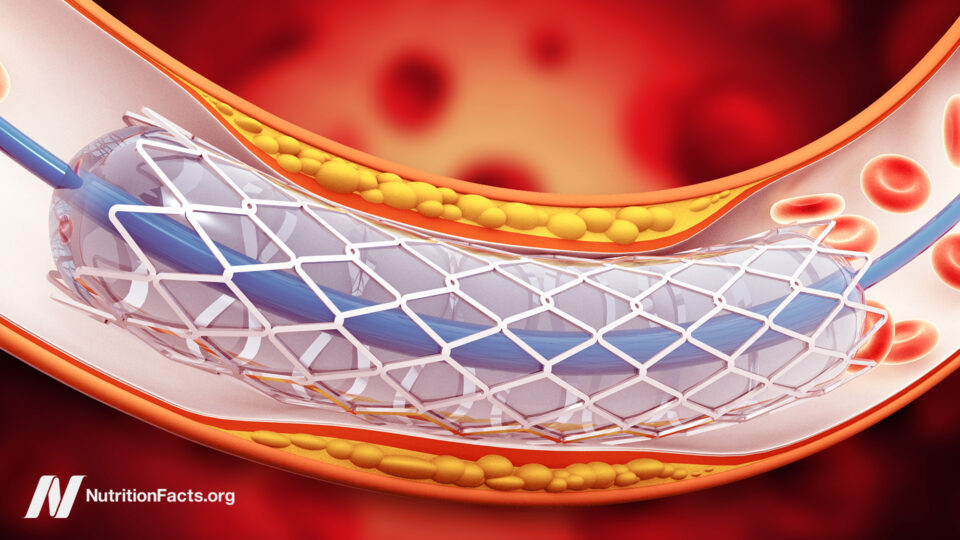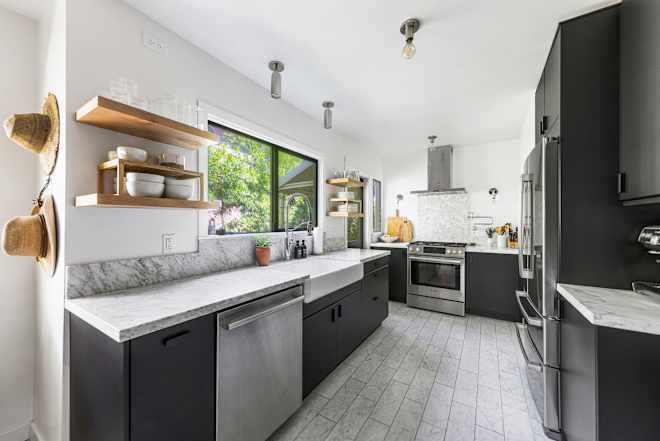Moderates fight back as GOP crafts major food assistance changes
Proposed reductions in federal funding for the Supplemental Nutrition Assistance Program (SNAP) are the latest flash point for Republicans as they work through sticking points on the “big beautiful bill” of President Trump’s legislative priorities. SNAP benefits, formerly known as food stamps, are currently funded entirely by the federal government, while costs of administering it...

Proposed reductions in federal funding for the Supplemental Nutrition Assistance Program (SNAP) are the latest flash point for Republicans as they work through sticking points on the “big beautiful bill” of President Trump’s legislative priorities.
SNAP benefits, formerly known as food stamps, are currently funded entirely by the federal government, while costs of administering it are split between the federal government and states that operate it.
But House Republicans are considering proposals to shift a portion of the cost of SNAP benefits to states as they aim to meet cost savings targets for the House Agriculture Committee’s portion of the massive bill. Lawmakers are considering proposals to shift from around 10 percent up to as much as a quarter of the benefit costs, one GOP source told The Hill, starting in fiscal year 2028.
While Trump and top Republicans have said they do not want to see cuts to SNAP benefits, cost sharing would be a major overhaul of the program that opponents argue could strain state budgets and lead them to reduce benefits or eligibility. The prospect is fueling Democratic messaging against the bill — and making moderate Republicans and those in competitive districts squirm.
Rep. Derrick Van Orden (R-Wis.) wrote a letter to House Agriculture Committee Chair GT Thompson (R-Pa.) tearing into a proposal that would place as much as a quarter of the costs of SNAP on states.
“I write today in strong opposition to the reckless proposals under consideration that would impose up to 25% of the Supplemental Nutrition Assistance Program (SNAP) costs on state governments,” Van Orden said in the letter, WSAW-TV reported.
Instead, Van Orden proposed tying cost sharing to each state’s SNAP “error rate” — the rate at which it overpays SNAP benefits. Republicans on the panel are considering incorporating the error rate into how it calculates cost sharing percentages.
Those error rates vary greatly, from percentages under 5 percent to up the 20- or 30-percent range. Van Orden's Wisconsin has an error rate of 4.7 percent. Some red states have high error rates, too: South Carolina’s is 20.94 percent, while Florida’s is 11.25 percent.
Van Orden also joined with Reps. Zach Nunn (Iowa) and Don Bacon (Neb.) to introduce a procedural resolution to show their opposition to reducing benefits to SNAP or Medicaid. The “point of order” resolution would prohibit the House from considering any reconciliation bill that reduces benefits from Medicaid or SNAP for children, seniors, pregnant women, or individuals with disabilities.
The House Agriculture Committee is tasked with finding $230 billion in deficit reductions over the course of a decade as it crafts its portion of the Trump priorities bill, which is moving through the special reconciliation process that allows Republicans to bypass the need to secure support from Democrats in the Senate for passage.
Republicans on the committee, according to one source, believe they can reach about $150 billion fairly comfortably with less-controversial proposals like improving “program integrity” such as by tightening work requirements and other measures the committee is considering.
But asked if the panel can hit that number without cost-sharing, Thompson, the panel’s chairman said: “I don’t think we can. It’s a huge number.”
The White House, Thompson added, is “very supportive” of cost sharing for SNAP.
Proponents of cost-sharing for SNAP argue that other federal assistance programs, like Medicaid, share costs with states, and argue that it would incentivize states to better administer SNAP benefits and reduce overpayments.
“If they have to do a cost share with the states, I think that's totally reasonable,” said House Freedom Caucus Chairman Andy Harris (R-Md.) “We cost share Medicaid with the states … I think we should come down to the average cost share — and again, ratchet it down over several years, so every state has the ability to, you know, compensate for it in their budget.”
Harris argued that cost sharing “doesn't cut any benefit. The only way a benefit would be cut if a state said, ‘Well, we don't want to pay our fair share.’ Okay, yeah, that's a state decision. That's not a federal decision.”
Democrats, meanwhile, are arguing that Republicans are just blaming states for cuts to SNAP that they know they would have to make.
“Just a 10 percent cost share, if they choose to move in that direction, is a $400 million-a-year hit to the state of Pennsylvania. It is $4.27 billion over the next 10 years,” House Agriculture Committee Chairwoman Angie Craig (D-Minn.) said in a press conference on Tuesday.
“My colleagues, they truly have a choice here. They've said that they don't want to cut SNAP benefits and truly I believe that Chairman Thompson does not want to. But I also believe that Chairman Thompson is going to be rolled by Republican leadership, is going to be rolled by the White House,” Craig said.
She added about proposals to strengthen work requirements: “Do not allow my Republican colleagues to try to characterize this as anything but taking food out of the mouths of hungry children in our country.”











![Ditching a Microsoft Job to Enter Startup Hell with Lonewolf Engineer Sam Crombie [Podcast #171]](https://cdn.hashnode.com/res/hashnode/image/upload/v1746753508177/0cd57f66-fdb0-4972-b285-1443a7db39fc.png?#)





























































